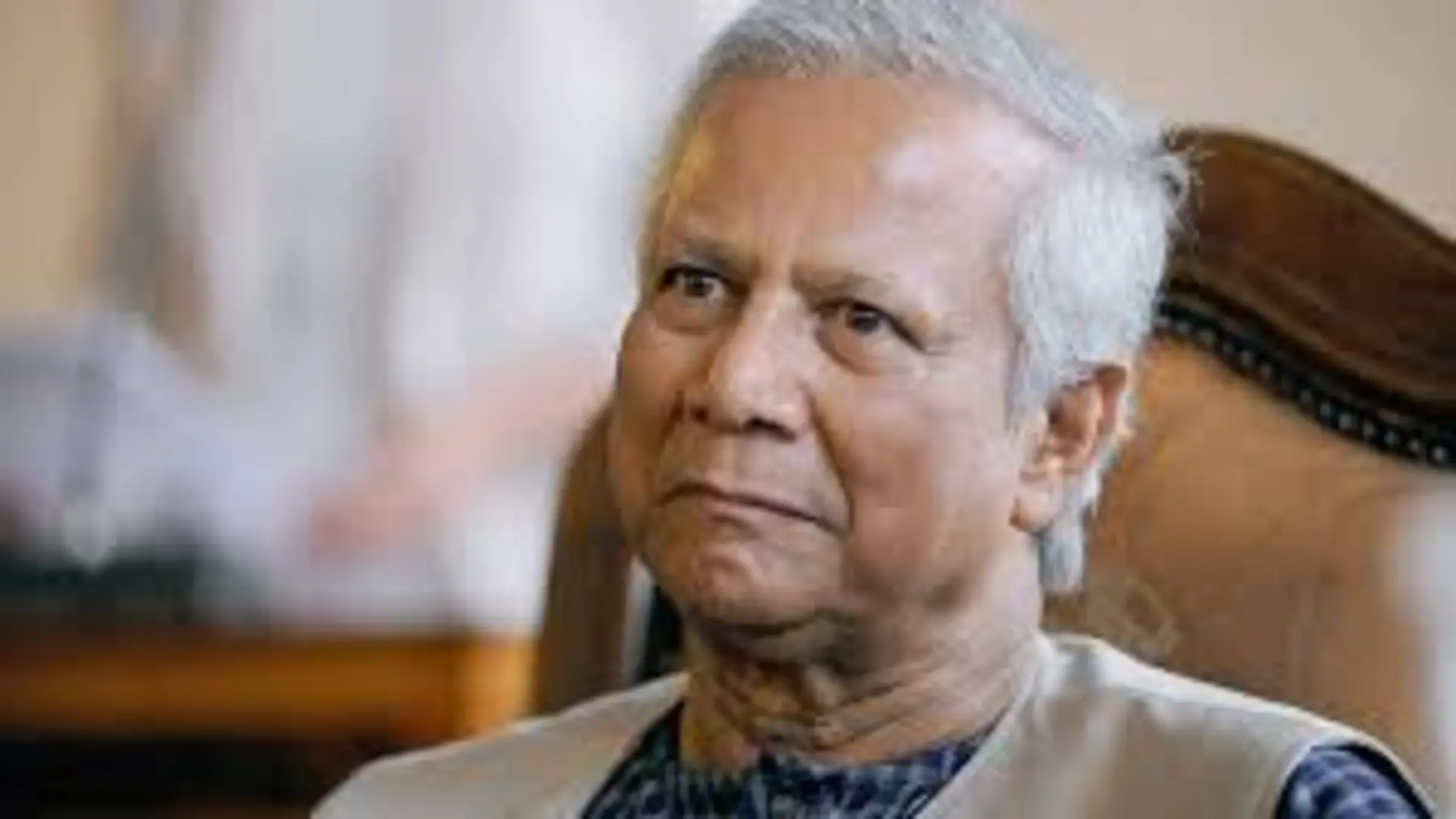During his recent visit to New York, Mohammad Yunus, the Chief Adviser of the Interim Government of Bangladesh, avoided addressing questions from Indian media. Yunus arrived at his hotel late last night, but despite the press’s eagerness for comments, particularly on Bangladesh’s current political landscape and the future of its interim government, he remained silent, declining to engage with reporters.
Yunus, who was appointed as the head of the interim government following the resignation of Prime Minister Sheikh Hasina in August 2024 amid widespread protests, has been the subject of global attention. His interim leadership is crucial as Bangladesh undergoes significant reforms and prepares for upcoming elections. This silence towards Indian media comes amid growing speculation over his government’s plans regarding regional relations and electoral processes.
As the leader of Bangladesh’s interim government, Yunus has committed to addressing the critical issues facing the country, including electoral reforms, economic restructuring, and measures to ensure human rights. His administration has also emphasized the need for justice regarding the violence and extrajudicial activities that marked the end of Hasina’s tenure. Despite Yunus’s global prominence as a Nobel laureate and advocate for social reform, his evasiveness towards Indian journalists raises questions about his stance on Bangladesh’s relationship with neighboring India during this transitional period.
His trip to the U.S. is part of a broader effort to garner international support and strengthen ties with global stakeholders, especially as Bangladesh looks to stabilize internally. However, his reluctance to engage with the media, particularly from India, adds another layer of intrigue to his leadership during this crucial time.
Also read: Protesters Rally Against Muhammad Yunus in New York, Chanting “Go Back” Outside UNGA Hotel
The Indian media had hoped to get a clearer picture of Bangladesh’s approach to its bilateral relations with India, especially in light of the changing political dynamics in both countries. However, Yunus’s decision to sidestep questions suggests a cautious approach in navigating sensitive political waters during his international engagements.







